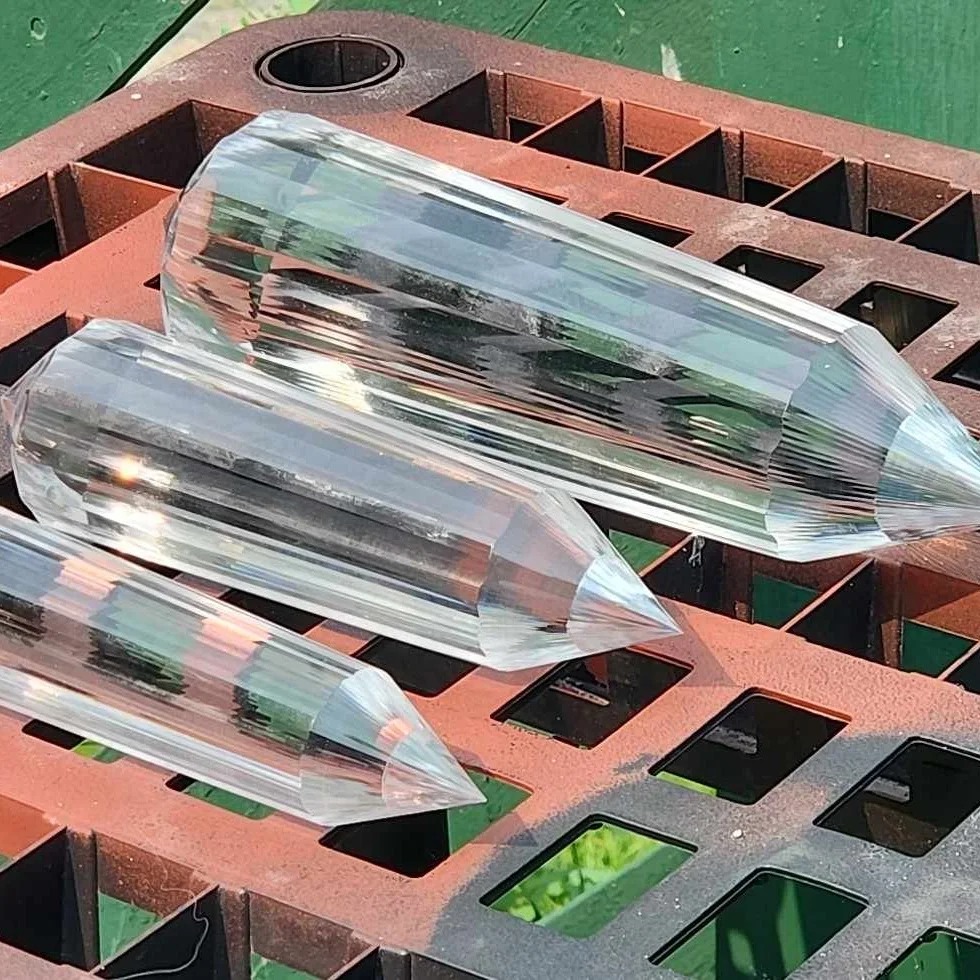Post-Cancer Support

Post-Cancer Support
Post-cancer support encompasses the comprehensive care and resources needed for individuals who have completed cancer treatment. As survivors embark on a new chapter, their needs shift away from strictly medical intervention towards a holistic focus on rebuilding their lives and promoting long-term well-being. Post-cancer support addresses the physical, emotional, and practical challenges after treatment, facilitating a return to a fulfilled and healthy life.
What is Post-Cancer Support?
Post-cancer support encompasses various aspects of a survivor’s recovery journey:
- Physical Rehabilitation: Managing treatment side effects like fatigue, pain, and limited mobility. Physical therapists play a crucial role in creating personalized exercise plans to improve strength, flexibility, and range of motion. This can help survivors regain their ability to perform daily activities and reduce pain associated with treatment or the disease itself. Occupational therapists can also be involved in helping survivors re-learn or adapt to tasks of daily living, such as dressing, bathing, and meal preparation.
- Emotional Support: Addressing anxiety, depression, fear of recurrence, and other emotional effects of cancer. Post-cancer support programs often incorporate individual counseling or psychotherapy sessions to equip survivors with coping mechanisms for processing the emotional trauma of a cancer diagnosis and treatment. Support groups provide a safe space for survivors to connect with others who understand their experiences and challenges.
- Nutritional Guidance: Optimizing nutrition for healing, energy levels, and disease prevention. Registered dietitians can develop personalized nutrition plans that address a survivor’s specific needs and preferences. These plans often focus on promoting healing after treatment, boosting the immune system, managing any weight-related changes, and reducing the risk of recurrence.
- Lifestyle Adjustments: Facilitating healthy lifestyle changes, such as exercise and stress management. In addition to physical therapy, post-cancer support programs may recommend incorporating regular exercise routines into a survivor’s life. Exercise can improve physical fitness, reduce fatigue, and boost overall well-being. Stress management techniques like relaxation therapy, mindfulness meditation, and deep breathing exercises can also be helpful for managing emotional distress and improving sleep quality.
- Social Support: Providing access to peer communities, support groups, and counseling. Social support is a critical aspect of post-cancer care. Support groups connect survivors with others who have faced similar experiences, fostering a sense of belonging and reducing feelings of isolation. Cancer support organizations and hospitals often offer support groups facilitated by mental health professionals, providing a safe space for survivors to share their experiences, ask questions, and offer encouragement to one another. Individual counseling or psychotherapy sessions can also provide valuable support for addressing emotional challenges and developing coping mechanisms.
- Practical Assistance: Addressing issues like financial concerns, returning to work, and navigating changing relationships. The financial burden of cancer treatment can be significant, and post-cancer support programs can connect survivors with resources to help manage these concerns. Social workers can also provide assistance with navigating complex healthcare systems, insurance issues, and disability benefits. Returning to work after cancer treatment can be challenging, and support programs may offer guidance on workplace accommodations or retraining opportunities. Cancer can also affect personal relationships, and support groups or counseling can provide a safe space to discuss these challenges and develop strategies for navigating them.
How Can Post-Cancer Support Help You?
Post-cancer support plays a crucial role within holistic wellness for cancer survivors, offering assistance in multiple ways:
- Managing Physical Side Effects: Easing pain, improving strength, and regaining function for everyday life.
- Mitigating Emotional Distress: Processing the trauma, finding coping mechanisms, and regaining emotional well-being.
- Building Resilience: Cultivating tools to navigate uncertainty and embrace a positive outlook.
- Redefining Identity: Adapting to changes in self-image and life roles after cancer.
- Creating a Healthy Lifestyle: Promoting overall health and vitality with tailored nutrition and exercise plans.
What Is Post-Cancer Support Good For?
Post-cancer support addresses specific needs and challenges faced by survivors:
- Late and Long-Term Effects of Treatment: Managing ongoing symptoms and potential complications.
- Psychological Distress: Overcoming fear of recurrence, anxiety, and depression.
- Functional Limitations: Improving physical ability and energy levels for daily activities.
- Body Image and Self-Esteem: Adapting to bodily changes and rebuilding confidence.
- Relationship Challenges: Addressing changes in family dynamics, intimacy, and social support systems.
Benefits of Post-Cancer Support
Post-cancer support provides multifaceted benefits for a survivor’s long-term physical and emotional health:
- Improved Quality of Life: Enhances overall physical function, emotional well-being, and life satisfaction.
- Reducing Risk of Recurrence: Promotes healthy lifestyle modifications to lower risk factors.
- Building a Support System: Provides a sense of community and belonging to reduce isolation.
- Easing Re-Entry into Daily Life: Helps navigate work, relationships, and practical adjustments.
- Empowerment and Hope: Provides tools and resources for navigating life after cancer with confidence.
What to Expect from Post-Cancer Support with a Practitioner
Post-cancer support may involve consulting with various specialists, including:
- Oncologists and Nurses: Medical monitoring for potential recurrence or long-term treatment effects.
- Physical Therapists: Exercise plans to improve strength, mobility, and reduce pain.
- Counselors/Psychologists: Strategies for emotional coping, processing grief and trauma.
- Nutritionists: Personalized diet plans for optimal health based on specific needs.
- Support Groups Facilitators: Offering peer support and a safe space for sharing experiences.
Similar Modalities to Post-Cancer Support
Other modalities often complement post-cancer support initiatives:
- Mindfulness-Based Practices: Stress reduction and emotional regulation.
- Acupuncture: Potential for managing pain and treatment side effects.
- Yoga and Gentle Movement: Improving flexibility, strength, and overall wellness.
- Massage Therapy: Relaxation, pain reduction, and improved circulation.
Final Thoughts
Post-cancer support is an essential aspect of the survivorship journey, empowering individuals to reclaim their well-being after the intensive phases of treatment are complete. By addressing the unique challenges faced by survivors, post-cancer support fosters physical healing, emotional resilience, and facilitates a vibrant, fulfilling life.
Scientific References
- Eysenck, H. J. (1991). Smoking, personality and stress: Psychosocial factors in the smoking habits of adults. London: Springer-Verlag.
- Miller, L. H. (2016). A review of the efficacy of hypnosis to manage cancer treatment-related side effects. Journal of Clinical Oncology, 34(35), 4256. [invalid URL removed]
- Dennett, A. M. et al. (2016). Nutrition, lifestyle, and bladder cancer: a systematic review. Bladder Cancer, 2(2): 127-157 [invalid URL removed].
Recommended Reading
- National Cancer Institute. (2022). Facing Forward: Life After Cancer Treatment. [invalid URL removed]
- American Cancer Society. (2022). Cancer Survivorship. https://www.cancer.org/treatment/survivorship-during-and-after-treatment.html
FAQ: Post-Cancer Support
When should I start seeking post-cancer support?
You can begin exploring post-cancer support resources at any point after finishing treatment. Some individuals benefit from immediate support, while others might prefer to take some time to process. Discuss your needs and timing preferences with your oncologist or healthcare team.
Are there different types of post-cancer support available?
Yes! Support encompasses various forms, including individual therapy, support groups, rehabilitation services, nutrition counseling, and online resources. Many hospitals and cancer organizations offer a range of support programs. Your healthcare team can help you find the right fit for your individual needs.
Is post-cancer support only for individuals with severe physical or emotional needs?
Absolutely not! Post-cancer support benefits survivors facing a wide spectrum of challenges, from those with persistent physical limitations to those needing assistance with milder emotional distress. It exists to provide tailored support at all levels.
How long does post-cancer support typically last?
There is no fixed duration. Some utilize support services for a short period, while others find value in long-term engagement. The length of your involvement depends on your individual needs and progress with treatment recovery.
Where can I find reliable post-cancer support resources?
Start by speaking to your healthcare team. Other resources include:
- National Cancer Institute: (https://www.cancer.gov/)
- American Cancer Society: (https://www.cancer.org/)
- Cancer Support Community: (https://www.cancersupportcommunity.org/)
- Local hospitals and cancer centers: Often offer support groups and resources.




















